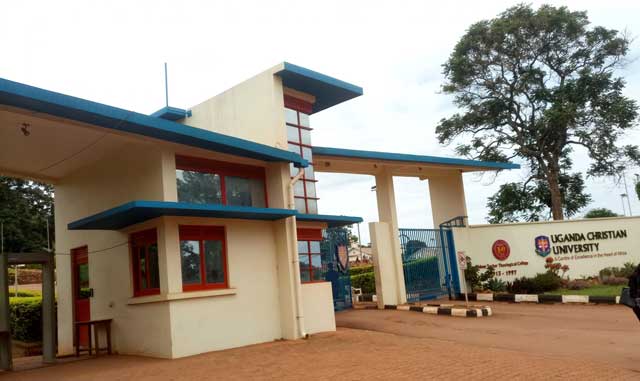
Mukono, Uganda | THE INDEPENDENT | Uganda Christian University-UCU is piloting an online voting application to be used in guild elections across all its campuses.
The university has previously been challenged to involve students from all its sister campuses in deciding their Guild President whose election is conducted at the main campus in Mukono yet decisions from his office affects all campuses. The other UCU campuses include Bishop Barham University College-BBUC Kabale, UCU Mbale University College and the Medical School at Mengo.
The application also aims at reducing the time and costs spent during the election process. At the main campus alone about 35 million Shillings is spent on logistics and the entire process of electing students’ leaders.
UCU Web and e-learning Administrator Edwin Byarugaba explains that the e-voting system was developed on the request of the Director of Students Affairs-DOSA to mainly solve voting challenges at the university. This resulted in their new app named ‘e-Chagua,’ conjoined from a Kiswahili word meaning voting.
The system is currently limited to a Local Area Network. It is designed with a voter’s registers section where student details are recorded and once the student is on a voter’s register, the system accepts him to generate a password to login and vote once.
Byarugaba says that the app has been tested through a sample election of theology college representatives, where it turned out successful. They now intend to use it during the general guild elections to be held in September before they advance to the world wide web.
John Bruce, the chairperson of UCU students’ guild Electoral Commission says that many students had missed electing the guild president because they are usually not on campus in September when the main election is conducted. He cites the entrepreneurship and theological students who only turn up in February to vote for their representatives.
The office of the administrator in charge of student’s affairs Ayubu Mutaasa notes the university already embraced the idea of shifting to the e-voting system since it eliminates confusion and expenses. Mutasa says that the system saves the university from spending money in printing ballots, prolonging in long queues, counting votes and a good back up for records.
Meanwhile, Hildah Mugaya, a third year student finds the development necessary but at the same time challenging since it takes away a feel of voting like it is in other voting places. “People need to get involved in casting votes and also defend it until it is counted,” she notes.
A second-year student David Ddungu is worried of the administration tempering with the system in case they wish have their own desired leaders. However, Byarugaba notes that they have designed the system with only the Electoral Commission maintaining the right to sign in using their credentials.
********
URN
 The Independent Uganda: You get the Truth we Pay the Price
The Independent Uganda: You get the Truth we Pay the Price





